Are GVM upgrades a good idea?
GVM upgrades are aftermarket modifications that purport to (safely) increase the load-carrying capacity of your (already quite porky) off-roader. Of course, this is not the same thing as being a good idea…
QUESTION
Hi John,
Thanks for helping viewers, myself included, with making choices, and teaching us how to negotiate in a considered manner. I'm keen to find out more about GVM upgrades on cars like Toyota Landcruiser 200 series and Nissan Patrol Y62.
My potential use of this vehicle will be as a daily driver as the owner of an accounting practice and grazier. I'm not a person that does off-road trips, but I will be using this vehicle on a working farm which has some rutted tracks that are steep in places, to move equipment around when needed and work in fields from time to time, so low-range and rear locker/LSD are a requirement, not a luxury.
Specifically, I'd be getting it installed before the car is registered, and preferably as part of the package as I want the upgrade to be warranted with the overall vehicle.
I understand these upgrades improve the GVM of the vehicle, but don't improve the overall GCM. This isn't a problem for me, as if I'm towing equipment (i.e. itinerant stuff taking a small tractor to the mechanic for service, picking up small feeder from supplier etc.), or stock (i.e. getting a small load of gravel to temporarily fix rutted tracks, getting some fodder in between orders or picking up a couple of calves from a local farm), I wouldn't be fully loading the car as well. If I wanted to do that, I'd be buying a truck, but I don't.
I also like that I can drive one of these cars into the city and park it legally anywhere, which is my main reservation against American pickups.
There'd likely be a trade-off in ride quality, but otherwise, do you think GVM upgrades are a good idea?
Kind regards,
Nate
AFFORDABLE ROADSIDE ASSISTANCE
If you’re sick of paying through the neck for roadside assistance I’ve teamed up with 24/7 to offer AutoExpert readers nationwide roadside assistance from just $69 annually. Full details here >>
ANSWER
Imagine being Toyota, with all those truly impressive R&D resources, designing a vehicle to handle rugged terrain, heavy towing and big loads. Imagine knowing all that you know about the underlying structure and the performance of your design. imagine having access to all the FEA files, and all the data from thousands upon thousands of laboratory and real-world testing sessions.
Imagine having then to impose structural load limits on the platform, in the interests of safety and longevity (of the structure and the powertrain). This is important because you’re selling Landcruiser into a competitive marketplace, and any limitation you place on the vehicle, if unduly conservative, will give competitors an edge. You definitely don’t want that.
Against this backdrop, imagine some clown (or in the case of Australia) clowns, in the aftermarket industry, thinking they know better than you. Imagine them thinking all it takes is fitting a set of different springs and shocks. Why didn’t you think of that?
Answer: Because it’s not a good idea.
At the end of the day, with an aftermarket GVM upgrade, the same structure and the same powertrain are going to endure more load than the manufacturer intended. In my view that’s a very poor idea. There are actual loads being imposed on actual things here. This is not solely an administrative compliance issue. It’s a safety and reliability issue.
Imagine Boeing defining the load limitations of the 787 Dreamliner, and Qantas trotting off to ARB for a quick GVM upgrade. Do you want to fly in that aircraft? (I certainly don’t.)
Pedders offers a +500kg payload GVM upgrade for Landcruiser 200 - springs, dampers and brakes. Same chassis. Same powertrain.
A standard Landcruiser 200 GXL has a payload capacity of 610kg. We’re talking about increasing this by an incredible 82 per cent. If there really were this much latent capacity to carry load built into the 200 Series, do you not think Toyota would just fit those different springs, dampers and brake pads? (Or ones just like them?) Perhaps there’s a really good reason why they do not…
This kit increases the GVM of the vehicle from 3350kg (standard) to 3850kg. It’s 15 per cent more mass - being amplified by being accelerated over rough terrain, imposing substantially greater loads on the platform and powertrain…
On the administrative front I’d want to see some evidence of ongoing warranty compliance from Toyota (in writing) - not the dealer - before you do this. Because - face facts - if the powertrain fails or the platform fails, and you go back to Toyota, they are likely to say that you are operating the vehicle outside its intended design range and they are under no obligation to warrant your problem in the circumstances. In other words, they’ll likely say you overloaded the vehicle and it’s not their problem.
The GVM upgrade provider will likely claim a Toyota manufacturing defect caused the problem, and therefore it’s not their problem.
In this situation - blown transmission, blown turbo, melted piston(s), etc, looking down the barrel of a five-figure repair bill - you’re stuck in the middle, between two parties who can allege, with some legitimacy, that it’s really not their problem. Your only option is lawyers and professional experts and high fees (parties to matters in consumer courts typically wear their own legal costs).
Does this sound like fun? Because I’ve had fun, and frankly, this ain’t it. In my view, it’s potentially dangerous, it has serious longevity-threatening implications, potentially, and it’s a huge potential can of worms if something goes wrong.
Plus I would want to understand the insurance implications - do not do this under the radar in respect of your insurer. Make sure they know about your GVM upgrade and it’s noted on the policy - because you don’t want to crash and them to attempt to weasel out of it because you didn’t tell them you had modified the vehicle in such a serious way.
If you need to carry heavy loads, buy a 4WD truck (not a ute, a truck).
I know this is not what you want to hear. Facts can be like that (so inconvenient).
QUICK LINKS FOR TOWING RESOURCES
How to do heavy towing: A dummy’s guide hitching up >>
My Complete Heavy Towing Guide: GVM, ATM, towballs >>
How to bend your ute: Triton chassis-snapping truths >>
Load levelling and weight distribution hitches: Know this >>

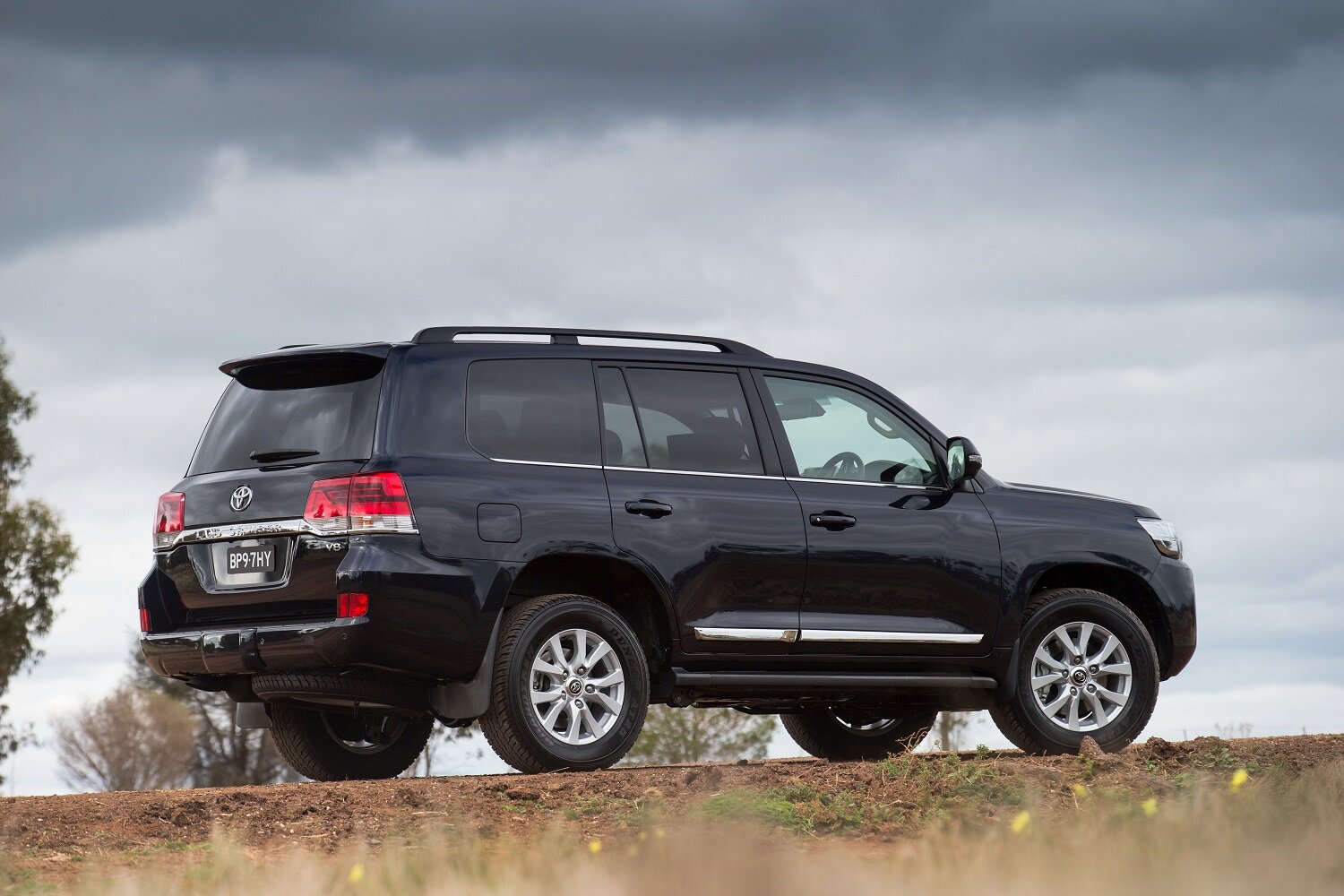
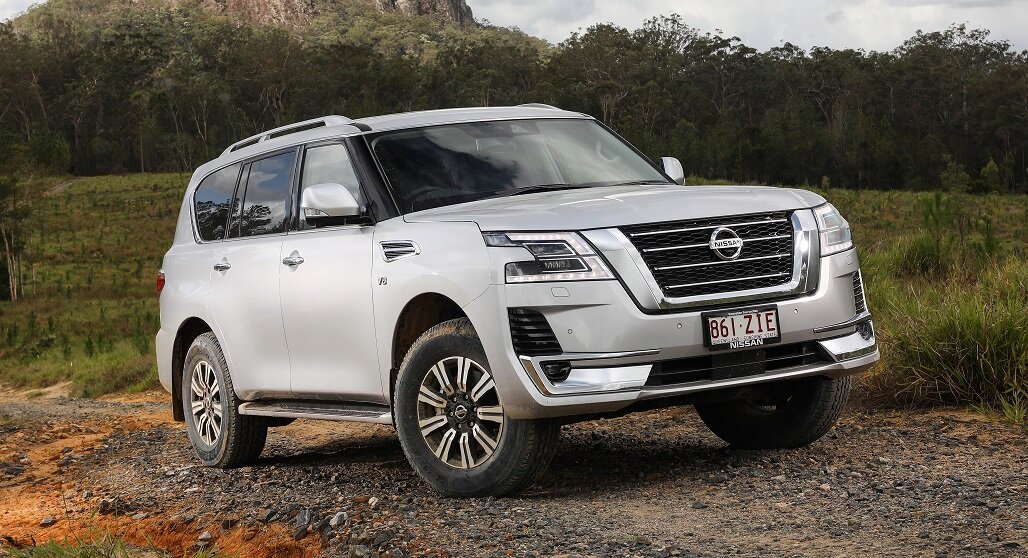
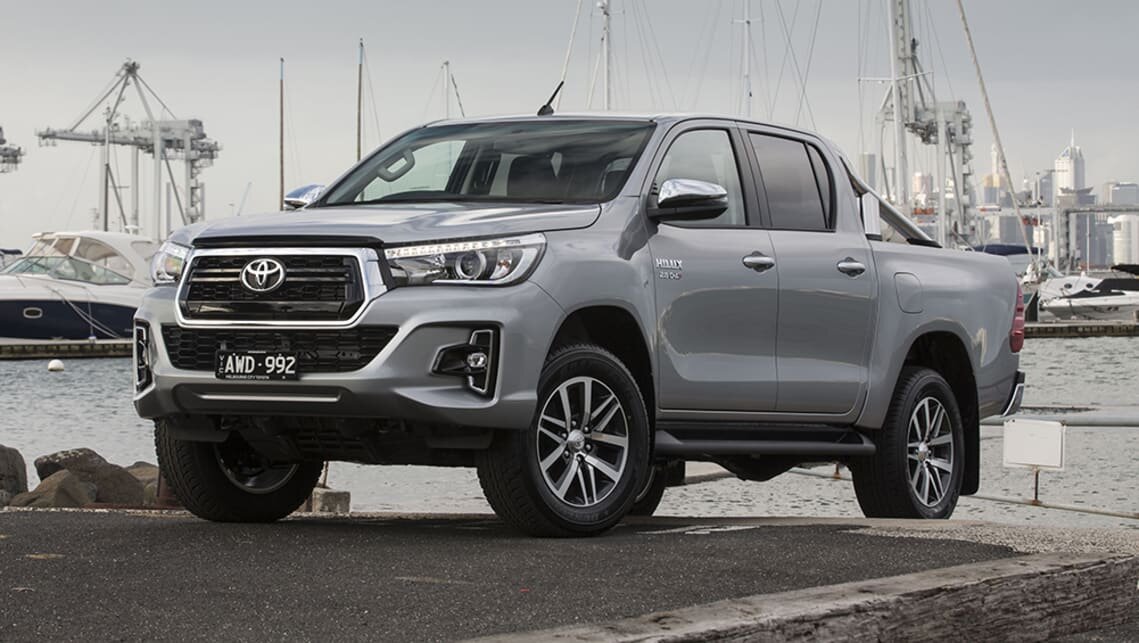
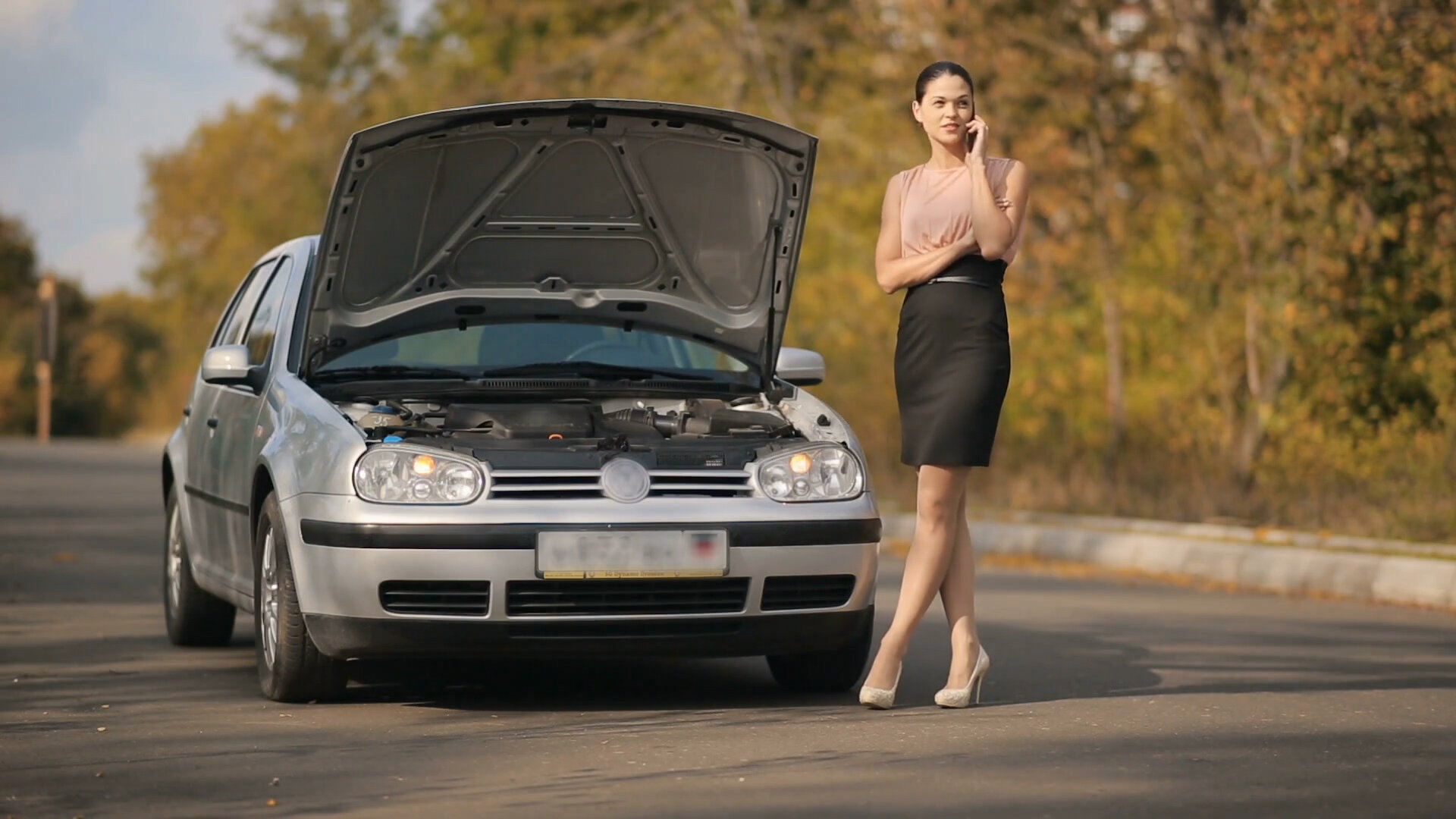

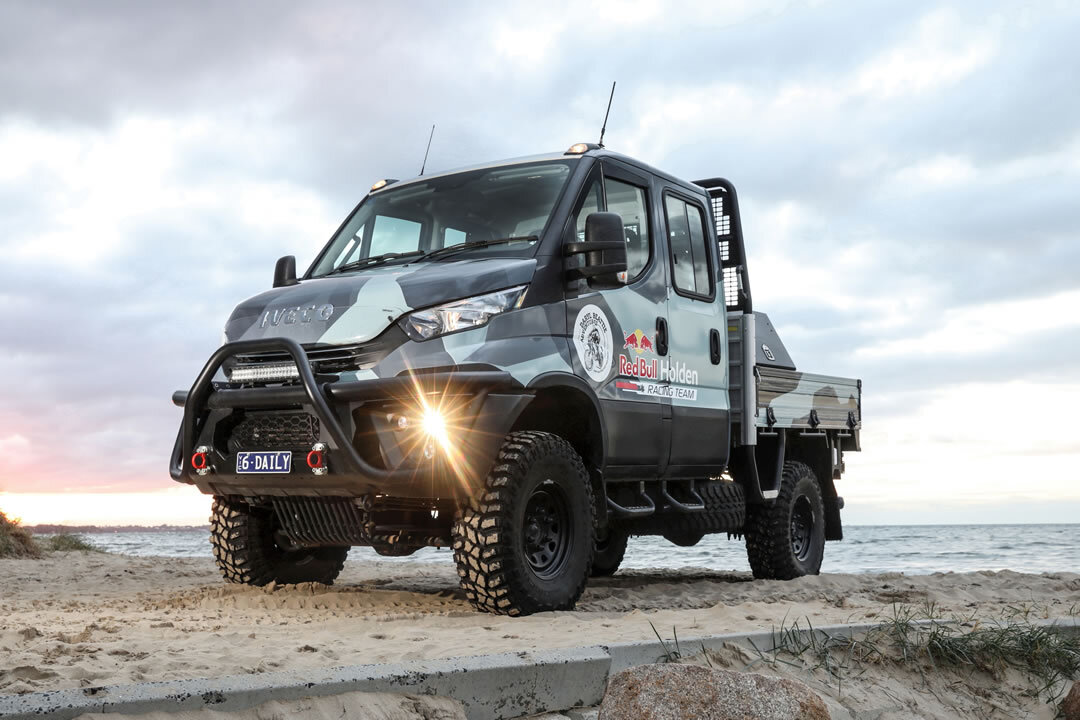
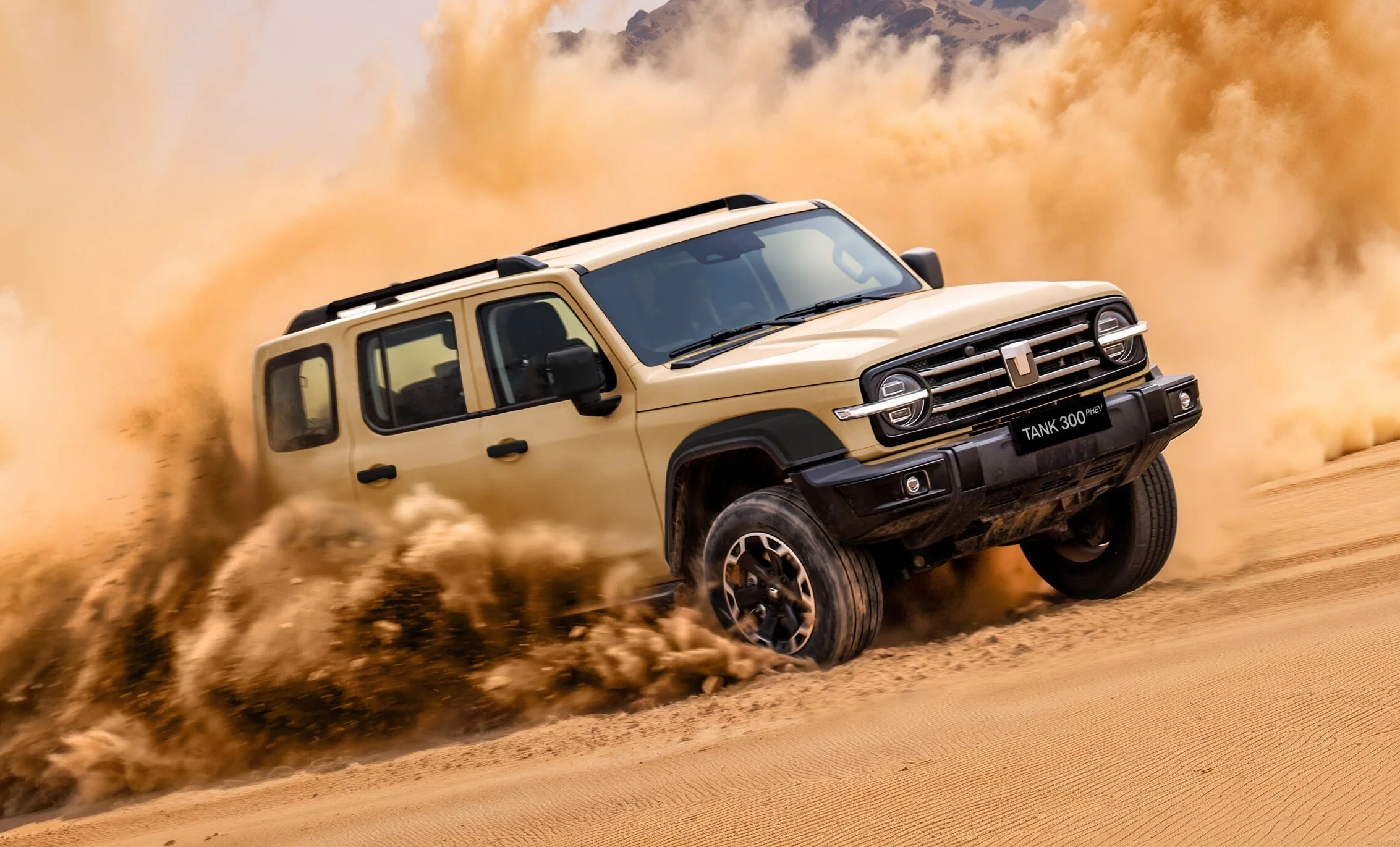


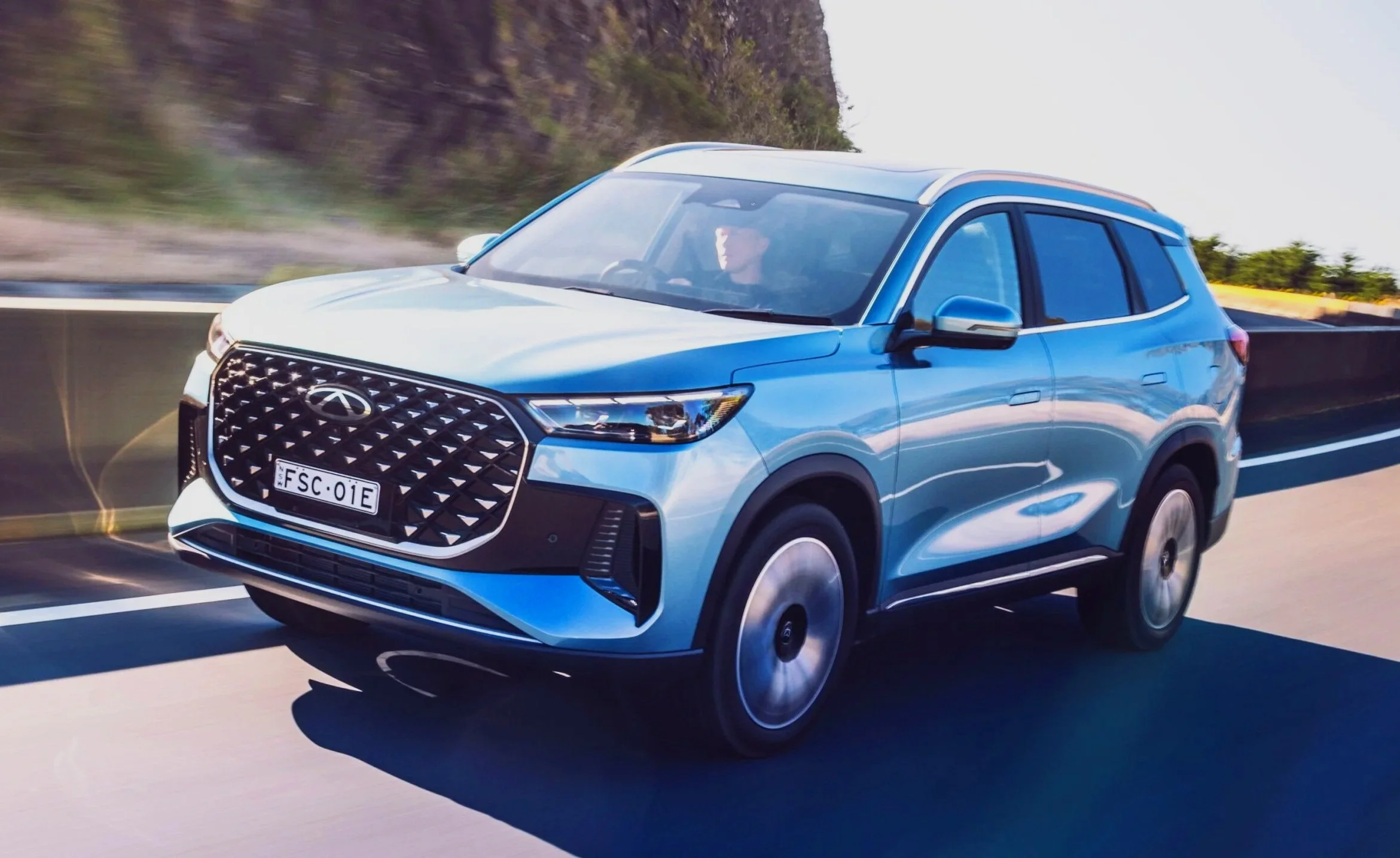
There’s plenty to like about the 7-seat Ford Everest for hardcore off-roading and heavy towing thanks to its big V6 diesel. But is it wise dropping up to $80K on Ford these days?